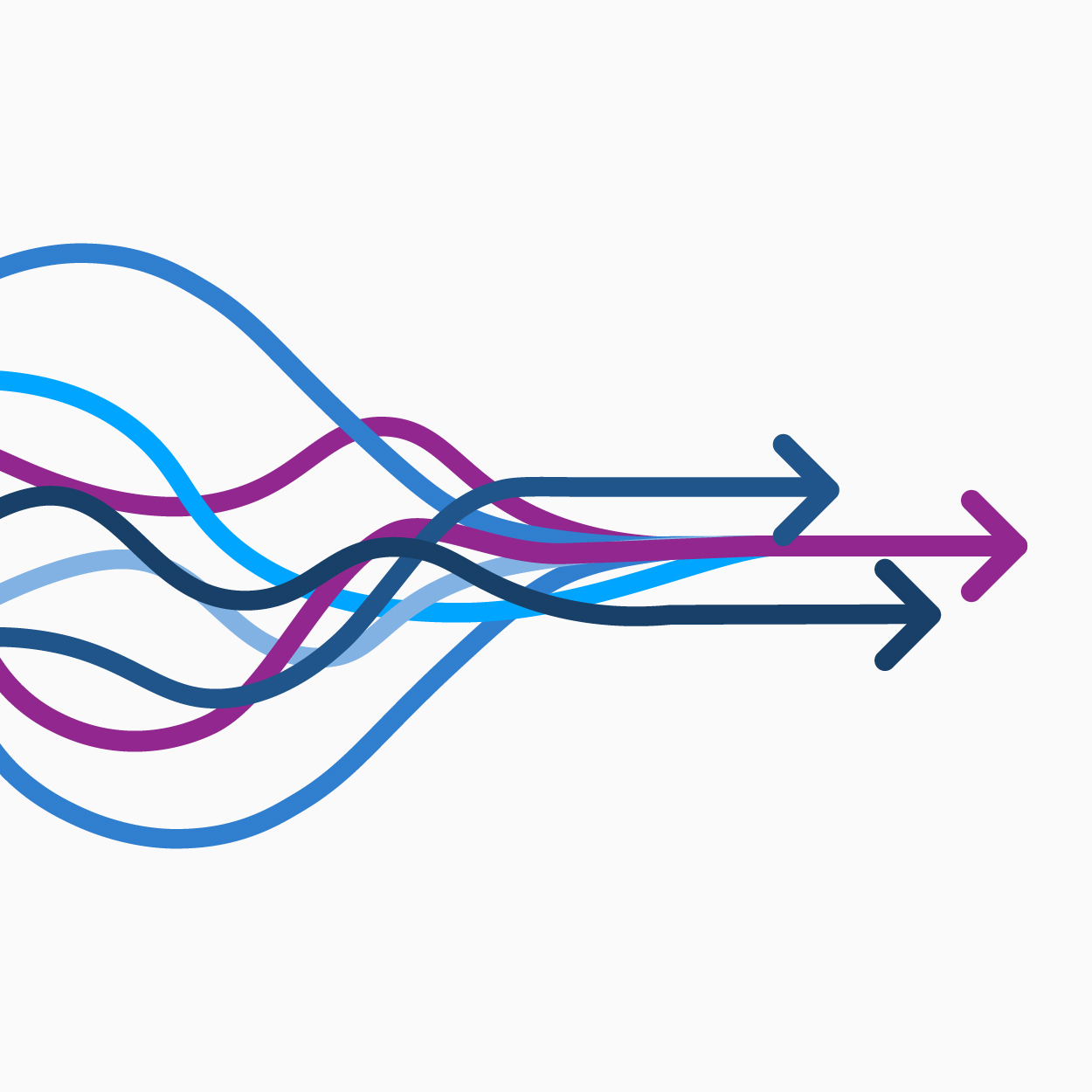NIH has implemented a simplified framework for the peer review of the majority of competing research project grant (RPG) applications, beginning with submissions with due dates of January 25, 2025. The simplified peer review framework aims to better facilitate the mission of scientific peer review – identification of the strongest, highest-impact research – by:
- Enabling peer reviewers to better focus on answering the key questions necessary to assess the scientific and technical merit of proposed research projects:
- Should the proposed research project be conducted?
- Can the proposed research project be conducted?
- Mitigating the effect of reputational bias by refocusing the evaluation of investigator/environment to within the context of the proposed research.
- Reducing reviewer burden by shifting policy compliance activities to NIH staff.
NIH has expired some Notices of Funding Opportunity (NOFOs) with activity codes impacted by the simplified review framework which were not reissued with the updated review criteria or expired prior to January 25, 2025. No applications for due dates on or after May 25, 2025, will be accepted for those NOFOs, and applications already submitted will be reviewed under the simplified review framework. See NOT-OD-25-113 and NOT-OD-25-116 for more information.

Background
Learn more about the NIH peer review process and how we developed the simplified peer review framework.

Simplified Peer Review Framework
Learn how the simplified review framework updates the application review process for most research project grant activity codes.

Reviewer Guidance
This page provides guidance and resources on the review of applications that follow the simplified review framework.

Applicant Guidance
Although the simplified review framework has little impact on what is included in an application, it does have significant impact on the funding opportunities used to apply. This page provides practical guidance for applicants navigating funding opportunities through this transition.

Notices, Statements, and Reports
Find Guide Notices, blog posts, press releases, and more on the simplified review framework.